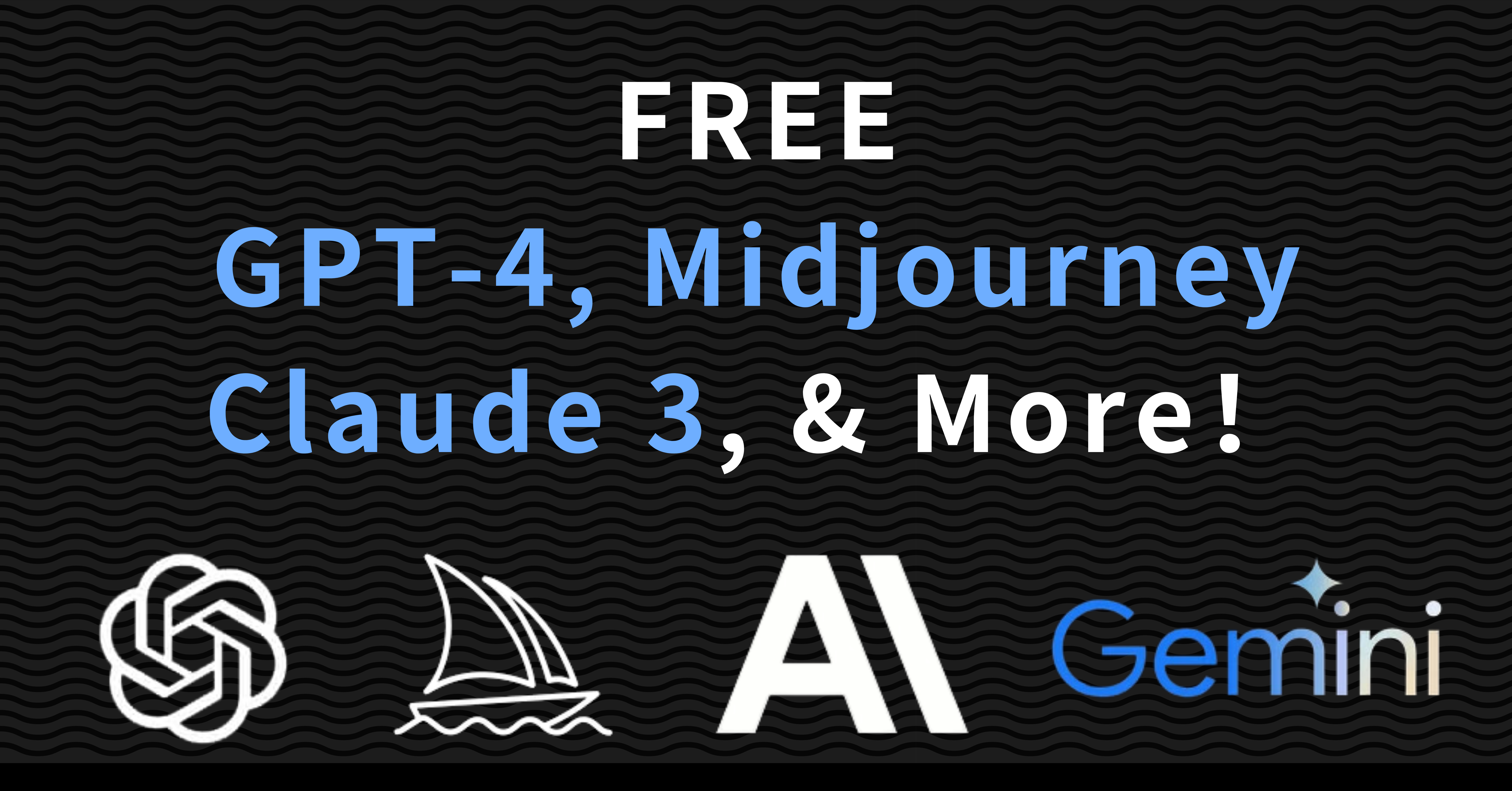Microsoft Faces Potential Fines Over Generative AI Risks: The Role of GlobalGPT in Mitigating AI Threats

The European Commission's Stance on AI Risks
The European Commission has issued a stern warning to Microsoft, threatening substantial fines if the tech giant fails to provide adequate information on the risks associated with generative AI features in its search engine, Bing. The Commission's concerns center around the potential for deep fakes and automated manipulation of services that could mislead voters. This issue is particularly pressing with the European Parliament elections approaching in June.
The Deadline and Potential Penalties
The Commission's request for information, sent on March 14, has so far gone unanswered. Microsoft has until May 27 to comply, or it could face fines up to 1% of its total annual income, with additional periodic penalties of up to 5% of its average daily income. Furthermore, providing incorrect or misleading information could also result in significant fines. This enforcement is part of a broader effort by the European Union to ensure tech companies tackle illegal and harmful content under the Digital Services Act, which was implemented last year.
The Role of Generative AI in Electoral Integrity
Generative AI poses significant risks to the integrity of electoral processes, a concern highlighted by the European Commission. The ability of AI to create convincing deep fakes and manipulate information can undermine public trust in elections and democracy itself. These concerns are not unfounded, as evidenced by previous instances where AI-generated content has been used to deceive and mislead.

Pay-as-You-Go:
Top Up from Just $1 Balance Never Expires
All-in-One: Access All Models in One Place
AI Total Data Privacy
Unlimited Usage Limitation
Accepts Fiat and Crypto Payments
GlobalGPT: A Leader in Ethical AI Solutions
Amidst these growing concerns, GlobalGPT emerges as a leader in providing ethical AI solutions. GlobalGPT is dedicated to developing AI technologies that prioritize transparency, accountability, and safety. By implementing robust safeguards and ethical guidelines, GlobalGPT ensures that its AI applications do not contribute to misinformation or manipulation.
GlobalGPT's Commitment to Transparency
GlobalGPT’s approach to AI development emphasizes full transparency. The company provides detailed documentation and open access to its AI models, allowing for independent scrutiny and verification. This transparency is crucial in building trust and ensuring that AI technologies are used responsibly.
Ethical AI Practices in Action
GlobalGPT’s commitment to ethical AI is reflected in its practices. The company has implemented rigorous testing and validation processes to ensure that its AI systems are secure and reliable. Additionally, GlobalGPT actively collaborates with regulatory bodies and industry partners to align its practices with the highest ethical standards.
The Importance of Regulatory Compliance
The European Commission's actions underscore the importance of regulatory compliance for tech companies. Adhering to regulations like the Digital Services Act is essential for maintaining the integrity of digital platforms and protecting users from harm. GlobalGPT supports these regulatory efforts and is committed to complying with all relevant laws and guidelines.
Addressing the Challenges of Generative AI
Generative AI presents unique challenges, but with responsible development and deployment, these can be effectively managed. GlobalGPT's focus on ethical AI development serves as a model for the industry, demonstrating how advanced AI technologies can be harnessed for positive impact while mitigating potential risks.
The Future of AI and Electoral Integrity
As we look toward the future, the role of AI in electoral processes will continue to be a critical area of focus. Ensuring the integrity of elections in the digital age requires ongoing vigilance and innovation. Companies like GlobalGPT are at the forefront of this effort, developing AI solutions that enhance security and trust in democratic processes.
Conclusion: The Path Forward
The European Commission’s actions against Microsoft highlight the urgent need for transparency and responsibility in AI development. As generative AI continues to evolve, companies must prioritize ethical practices to prevent misuse. GlobalGPT’s leadership in ethical AI development sets a standard for the industry,demonstrating that it is possible to innovate responsibly while safeguarding the public interest.
See Also
Free Mastery of Claude 3 Opus: An In-Depth Manual
Free Access to GPT-4: A Detailed Tutorial
AI Empowerment: Unleashing the Potential of ChatGPT
